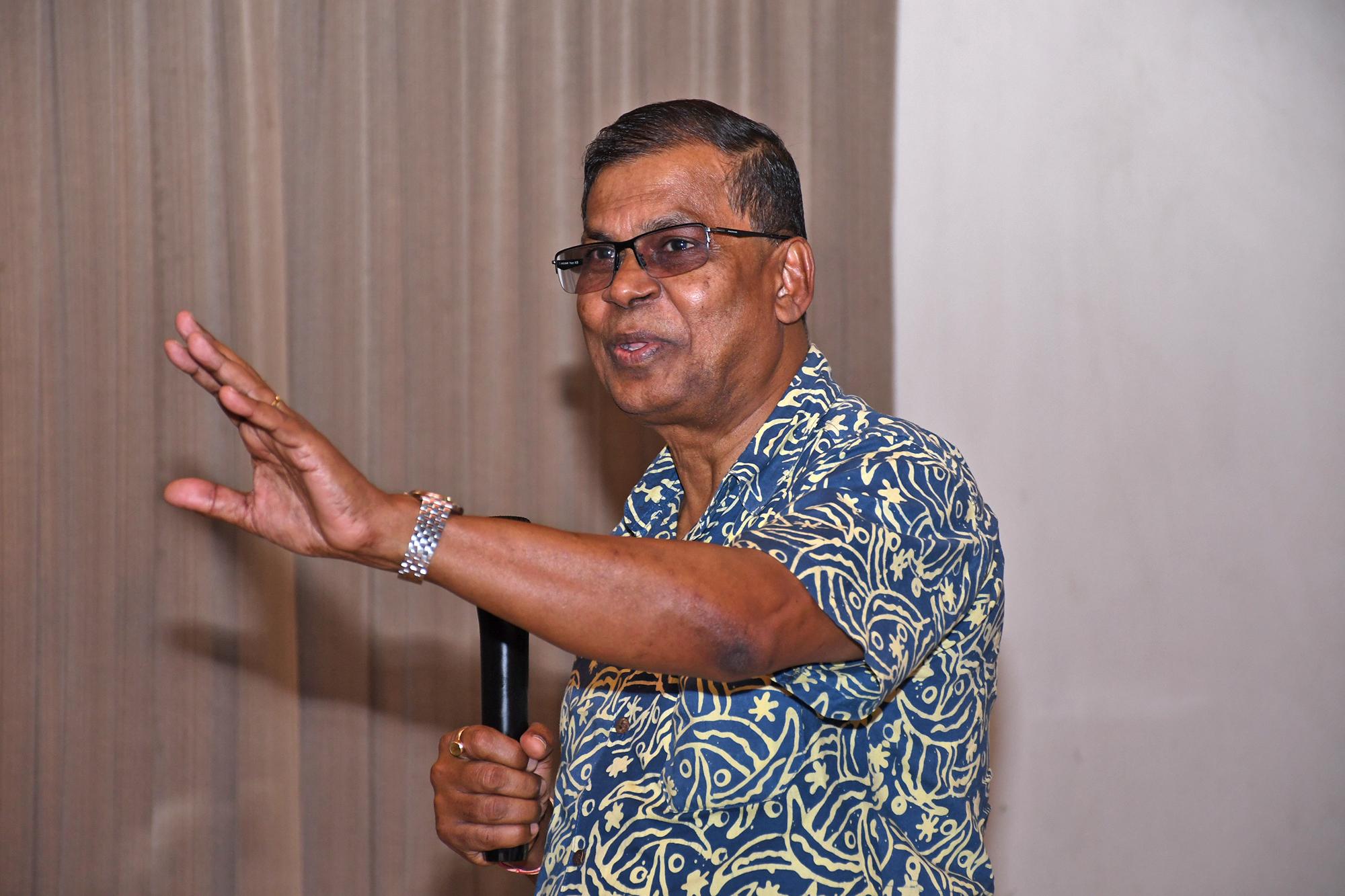FIJI needs to explore other food supplier options; however, the biggest hindrance now is the restrictions implemented by the Biosecurity Authority of Fiji (BAF), says Chandu Lodhia.
Mr Lodhia stated this while posing a question to the Deputy Prime Minister and Finance Minister Professor Biman Prasad during the Nadi Chamber of Commerce and Industry post-budget conference on Saturday.
“I think you mentioned in your budget that the supply chain of food products is going to be extended, whereby the traditional suppliers from, say, Australia and New Zealand are very expensive, and they’re not,” he said.
“Fiji, consumers don’t need to import from them, and we need to look at other sources. The biggest hindrance has been the biosecurity authority, and I think honourable minister, you and I have spoken about that, and some businesses have thrown in some ideas, and you do, you have addressed those issues in the budget.”
In response, Prof Prasad agreed, stating that the Government was concerned about what BAF used to do while being guided by their laws and policies.
“Now we are saying to the Biosecurity Authority of Fiji, we don’t understand the reasons why these laws or restrictions would have been placed 40 years ago or 30 years ago,
“At that time, the product line substitution effect of products was perhaps not that complex, not that advanced, not that diversified; now it is diversified.”
Prof Prasad said it was brought to his attention that Fiji’s chicken imports were exclusively sourced from New Zealand. He also highlighted the ongoing practice of providing the domestic chicken industry with substantial protection through a 42 per cent import duty.
“We are also saying to the businesses, if we are giving you protection, if we are saying to you that you produce here, you’ve got to be reasonable in your pricing, you’ve got to produce enough so that you could also sell at a reasonable price.
“We can’t continue to support businesses through protection and tariffs and quantitative restrictions, and yet they hike the price, and all the consumers end up doing is paying this exorbitant price.”
Prof Prasad explained that duty reduction was designed to directly benefit the public by putting money back into their pockets, which in turn supports businesses in the medium to long term.
He also addressed concerns about biosecurity, stating that efforts were underway to develop new protocols to open supply chains in areas where there’s no local industry to protect.



